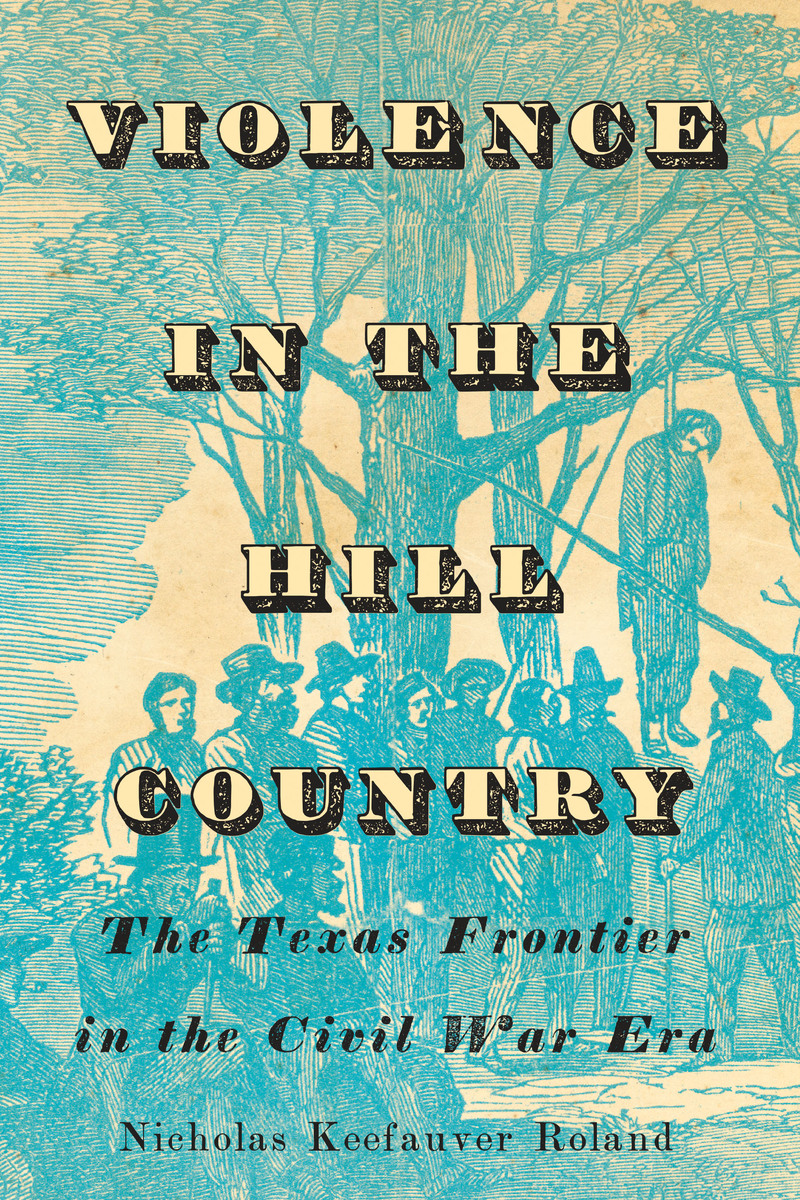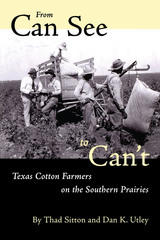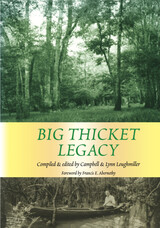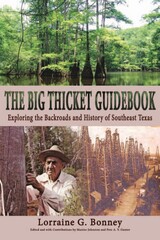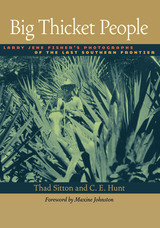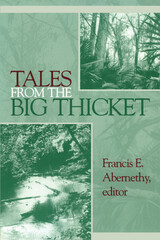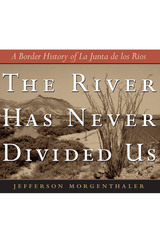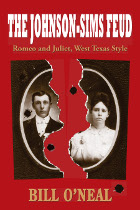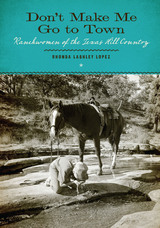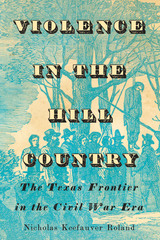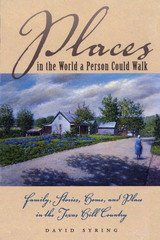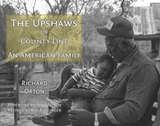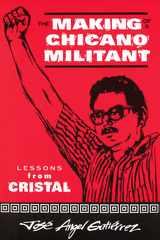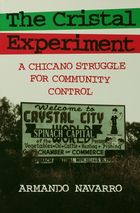More than a case study of the Texas Hill Country, this book helps us better understand westward expansion and the ways in which the Civil War increased tension and violence among white settlers on the frontier of the slave South. The analysis is always sound, frequently very insightful, and based on outstanding research in both published and unpublished sources.
— William D. Carrigan, Rowan University, author of The Making of a Lynching Culture: Violence and Vigilantism in Central Texas, 1836-1916
An insightful study of how the violence of insurgency and counterinsurgency shaped the Texas Hill Country's ethnic, social, economic, and political relations during the Civil War era. Accounting for nearly timeless global patterns, Roland's work will be of interest not only to historians but also to security scholars.
— Lance R. Blyth, Command Historian, NORAD and US Northern Command, author of Chiricahua and Janos: Communities of Violence in the Southwestern Borderlands, 1680-1880
[A] fascinating new study...Employing a sophisticated and creative research and analysis of Texas Hill Country patterns of interpersonal, ethnic, political, and economic violence during the key transitional period of the mid to late nineteenth-century, Nicholas Roland skillfully weaves into his narrative a host of local, state, and national contexts the overall assessment of which forms a welcome, even vital, contribution to the literature of westward expansion. A multitude of scholarly and popular reading audiences, including American Civil War, Indian Wars, Southwest borderlands, and German American immigrant history students, are abundantly well served through the contents of this book. Violence in the Hill Country is highly recommended.
— Civil War Books and Authors
Roland provides a good narrative of what happened in the Hill Country, and he should be commended as the first to place these well-known violent events, especially the aptly named Nueces River Massacre, within a broader historical context...Roland does an excellent job of using a variety of primary resources—including government records, newspapers, letters, and memoirs—to create a thorough narrative.
— H-CivWar
This well-written, meticulously researched book offers a scholarly assessment of many long-popularized stories and events…Recommended.
— CHOICE
This is an important addition to the literature on Texas during the Civil War and to frontier and violence studies. Roland’s extensive endnotes, especially those on the Nueces River battle, will be particularly useful for scholars seeking to expand their understanding of this important topic.
— Southwestern Historical Quarterly
Roland does a great job of contributing to the study of violence in Texas, joining scholars such as Barry Crouch, James Smallwood, and Kenneth Howell by bringing the study into the realm of the Civil War where most research focuses on the Reconstruction Era. The author weaves throughout the narrative unique stories of individual violence to highlight how personal many of the killings were. He also supports many points with quantitative analysis. His unique approach in this study allows him to contribute to many subfields in Texas history including frontier, German, and Civil War history.
— Western Historical Quarterly
[Roland] weaves a detailed and well-researched narrative of the years before, during, and after the Civil War, providing the reader with a vivid image of Hill Country life during this time...Roland has created a well-written work that greatly enhances the historiography related to the period and region...General readers and historians alike will enjoy this book both for its readability and for the author’s diligent primary source research.
— Journal of the Civil War Era
